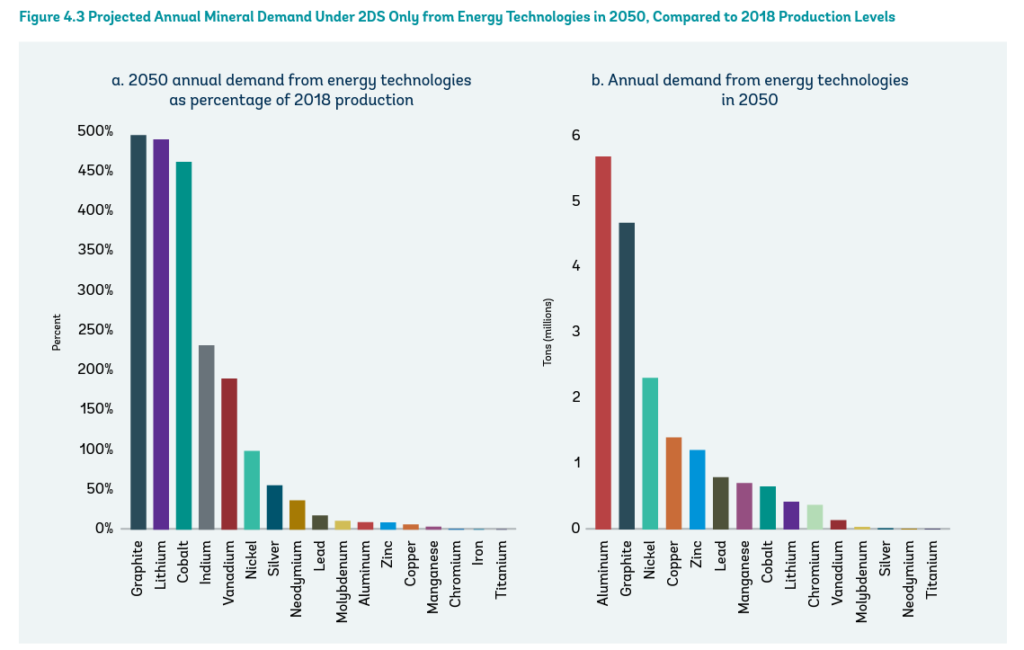
The Dirty Cost of “Clean” Energy
How Thea Riofrancos changed a student's perspective on a just energy future.
Third Place Winner: 2022 Student Blog Competition
Devastating heat, vanishing freshwater, and degraded local habitats. Indigenous communities in the Atacama Desert bear the brunt of the climate crisis, and the brunt of the “clean” energy revolution. Thea Riofrancos, a professor of political science at Providence College and an expert in resource extraction and renewable energy, writes in The Guardian about visiting the Atacama salt flat in Chile, where most of the world’s lithium reserves sit. Lithium batteries are a key technology for a green energy future—they store renewable energy on the grid, and power electric vehicles. But lithium batteries demand lithium extraction, requiring massive areas of land to pump enormous quantities of brine into evaporation ponds. This process disrupts local habitats and freshwater access for 18 Indigenous Atacameño communities in an area already facing overwhelming droughts from climate collapse. Riofrancos challenges us to ponder the question: “does fighting the climate crisis mean sacrificing communities and ecosystems?”
At my introduction to Riofrancos’ work, I understood the need to transition away from fossil fuels. From a climate standpoint, limiting a global temperature increase to 1.5 °C means 60 percent of oil and gas, and 90 percent of coal reserves, must not be extracted or burned. From a justice standpoint, Indigenous, Black, and communities of color disproportionately bear the burden of the fossil fuel industry’s injustice. Following the supply chain, the fossil fuel industry is responsible for air pollution, destruction of local habitats, water contamination, rare cancers, and the climate catastrophe.
Fortunately, advances in solar, wind, batteries, and bioenergy make the clean energy transition feasible. But Riofrancos challenged me to evaluate the harm embedded in our proposed solutions. I was first confronted with Riofrancos’ message when reading her book, A Planet to Win: Why We Need a Green New Deal, where she follows the supply chain of rechargeable batteries. In addition to ecological destruction from lithium extraction, 70% of the world’s supply of cobalt, a key battery material, is mined in the Democratic Republic of the Congo where mothers and children sneak into industrial mines and extract cobalt by hand to afford dinner. These independent miners, who produce 30% of the country’s cobalt, collect and sort dirt, while risking capture, beatings, and death. Mines frequently collapse and bury people alive. Meanwhile, over 50% of the Congolese population lacks access to electricity. After all this suffering, at the end of a battery’s life cycle, it becomes toxic waste because we lack battery-recycling infrastructure. Furthermore, the communities who face the most harm in the production process, often aren’t reaping the benefits of the technology. “Clean” technology’s supply chain has been shown to be neither clean nor just.
The clean energy transition demands expanded mining. The World Bank estimates lithium and cobalt demand from clean energy in 2050 to be over 450% of 2018 annual production based on a “well below” 2°C climate scenario (see figure below).

When there’s a dirty cost of “clean” energy, what is a just future of energy? Riofrancos emphasizes “the question is not whether to decarbonize, but how.” The less energy we use, and the fewer single passenger vehicles we drive, the less minerals and mining we will need. We can intentionally select energy technologies which require less materials, incorporate recycled materials, and avoid the most extractive-dependent materials. Through mass public transit, moratoriums on mining in sensitive ecosystems, and community consent we can prioritize communities and ecosystems.
The future of energy has deep implications for the future of the planet and humanity. Yes, we need to focus on climate and energy solutions, but we also must assess how our solutions impact biodiversity, food, housing, health, and human rights. If we neglect to do so, our solutions may result in even more devastation. Families, homes, and communities are on the line.
Emma Glasser
Student Advisory Council MemberEmma Glaser is a Kleinman Center Student Advisory Council Member and an undergraduate student in the Vagelos Integrated Program in Energy Research (VIPER) program. Glasser was also a 2020 Undergraduate Student Fellow.

